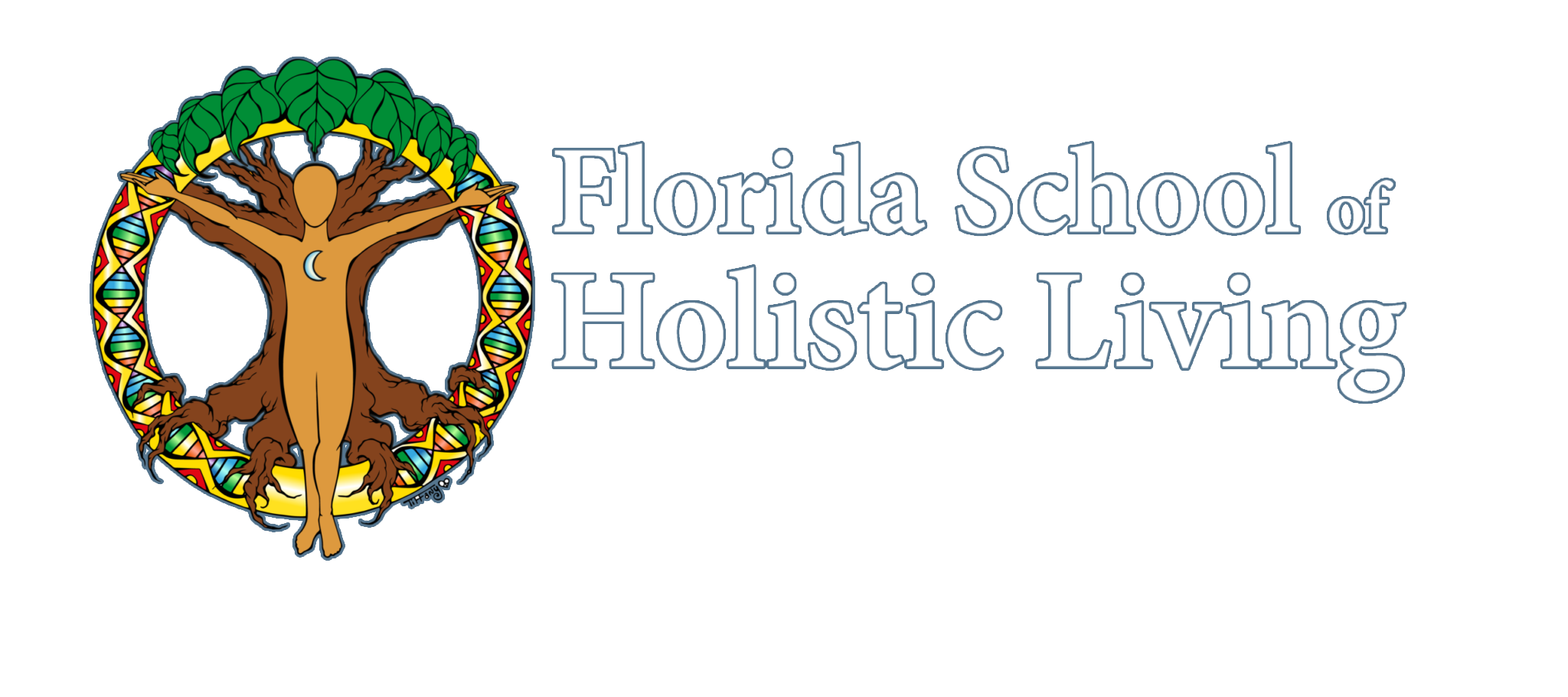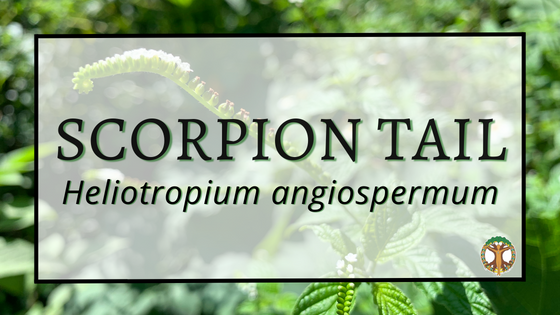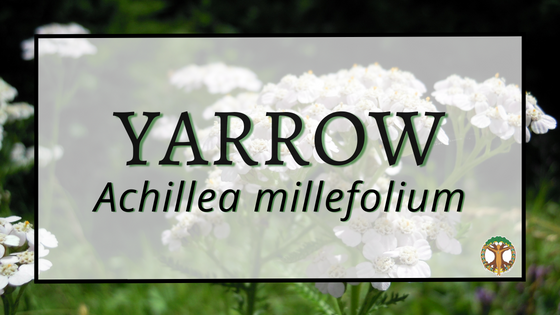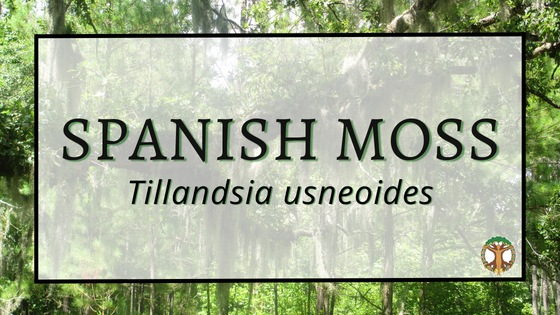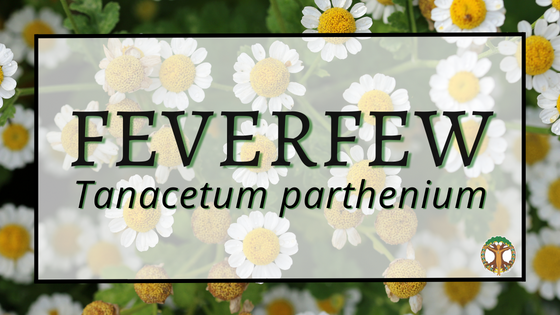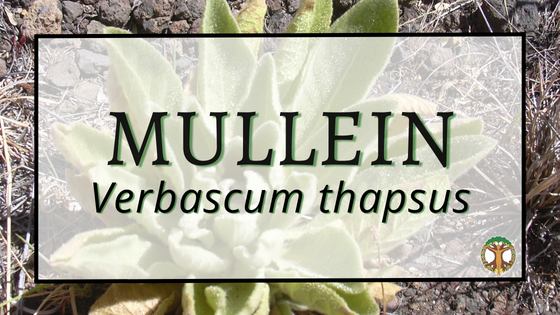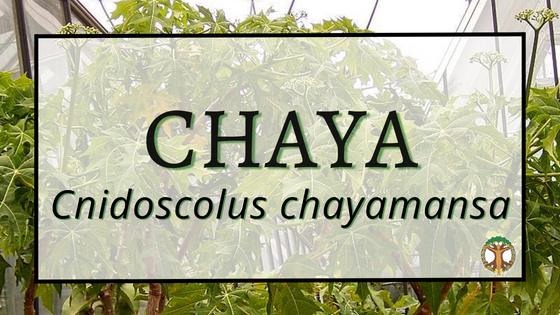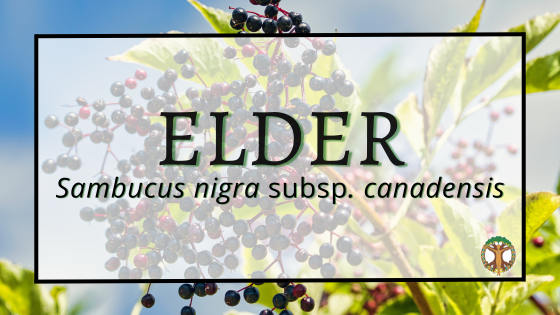-
Scorpion Tail
About 2 feet in height, native to the Central East Coast of Florida, and South Florida, as well as the Caribbean and Central America. In Central Florida Scorpion-Tail is a nice herbaceous garden plant, rarely becoming weedy.
-
Yarrow
The historical uses for yarrow, both for physical and spiritual health, are as plentiful as its common names (which include milfoil, plumajillo, Soldier’s herb, herba militaris, Knight’s milfoil, carpenter’s grass and nosebleed).
-
Spanish Moss
Contrary to popular belief, Spanish moss is not a parasite and does not actually feed off the tree for nutrients or cause it harm, but simply wraps its wiry tendrils around the tree for support.
-
Feverfew
The feverfew herb has been used as an herbal remedy since Dioscorides in78 A.D. Feverfew was used to treat headaches, menstrual irregularities, stomachaches and all types of fevers.
-
Mullein
Mullein (Verbascum thapsus) is a prolific plant of European origin that grows abundantly in disturbed soils, roadsides, and meadows throughout most of the temperate United States. This biennial plant is most easily identified by its soft, fuzzy rosette of leaves - big furry leaves which are jokingly called "nature's toilet paper."
-
Chaya
Chaya is used throughout Central America as a food staple, especially in rural villages where land-based living is still the norm.
-
Elder
Elderberry is widely used as a cold and flu remedy due to its antiviral properties and ability to strengthen cell membranes preventing virus penetration.

